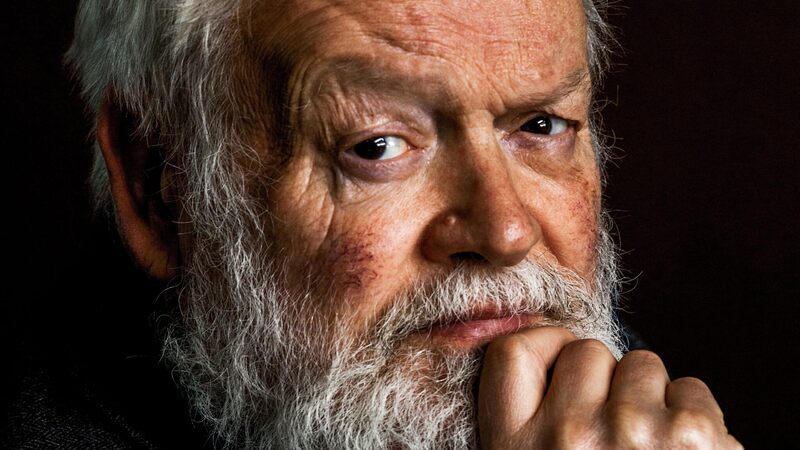You are viewing your 1 free article this month. Login to read more articles.
Dr Magdalena Skipper appointed editor-in-chief at Nature
Dr Magdalena Skipper, currently editor-in-chief at Nature Communications, has been given the editor-in-chief role at flagship journal Nature, becoming its first woman editor.
Skipper, who is also only the eighth editor in nearly 150 years, succeeds Sir Philip Campbell, who is moving to the newly created role of editor-in-chief of Springer Nature in July, after 22 years in the role.
Skipper has a PhD in genetics from the University of Cambridge and has spent over 15 years working for Nature, first joining in 2001, acting variously as chief editor of Nature Reviews Genetics, associate publisher of Nature Life Sciences, senior editor and team leader at Nature, and executive editor of the Nature Partner Journals. After a brief sojourn at the Altius Institute for Biomedical Sciences as director of scientific communications and publishing, she rejoined the company in 2017 as editor-in-chief of Nature Communications.
She commented: “It is a tremendous honour and a privilege to have been entrusted with the leadership of Nature. It is especially exciting to be taking on this role at a time when the way science is done and disseminated is evolving. I look forward to continuing Nature’s leadership in publishing the most interesting and ground-breaking discoveries, and providing a voice on important issues such as promoting transparency and diversity in science.”
Dean Sanderson, m.d. of Nature Research, said: “I’m delighted that for the first time a woman will be taking the helm at Nature – and equally delighted that our extensive search resulted in an appointment within the Nature Research family. As the world’s most cited journal, Nature has an important role in not only publishing ground-breaking research, but also in providing scientists with analysis and commentary that help put that research in context. With her wealth of experience and commitment to excellence, Magdalena is ideally placed to guide Nature and the Nature journals into the future.”
As well as her genetics doctorate, Skipper conducted research at the MRC Laboratory of Molecular Biology in Cambridge, after which she was a post-doctoral fellow at the Imperial Cancer Research Fund (ICRF) in London. At Nature, she is said to have been instrumental in the developing the innovative ENCODE Explorer and Epigenome Roadmap projects, which pushed the boundaries of science publishing beyond the conventional research paper.
She is also described as having been "a strong champion of open research" while at Nature Communications.













